From Khaleesi to Wildling, the vast and expansive fantasy world of Westeros created by George R.R. Martin is full of weird and wonderful words and terms unique to the series.
With the new Game of Thrones prequel series ‘House of The Dragon’ premiering this month, the team at Preply have gone through the original show’s past eight seasons to provide a breakdown of the meanings surrounding the common words heard.
“Crow”
The word crow is used as a nickname for the rangers of the Night’s Watch, an army of soldiers clad in black with fur cloaks that guard the wall that separates the civilised land of Westeros from the dangerous tribes of Wildlings and White Walkers that lie far north beyond the wall. The nickname was given by the free-folk beyond the wall as they fear trying to cross the wall.
Example: Ygritte: “In your hearts all you crows want to fly free.” – Ygritte, Season 3 Episode
“Hodor”
Spoilers ahead! Hodor is what we thought was the name of House Stark’s stable keeper, a man that sadly cannot speak and only says the word Hodor.
He was a loved character and Hodor became an iconic catchphrase. However, after his heart wrenching death in season 6, we learn that Bran’s gift as the three-eyed Raven gave Hodor the name from the future.
As Bran was present in Hodor’s past looking at him as a young boy who could speak, Hodor died holding the door to stop the White Walkers. As Meera shouted “Hold the door” to Hodor as he died, a young Hodor in Bran’s vision hears this and has a seizure, making him unable to speak and only being able to say the word “Hodor” for the rest of his life.
Example: “Hold the door! Hold the door! Ho d door! Hodor!” – Hodor, Season 6 Episode 5
“Khaleesi”
Khaleesi is the title given to the queen of the Dothraki tribe over in Essos, the eastern continent in Game of Thrones.
The Dothraki are a tribe of brutal warriors that pillage and steal their way across the lands, brutally murdering those that fight back. They’re led by the Khal, and the wife of the Khal is known as the Khaleesi, which at first was Danearys Targaryen in the show as she married Khal Drogo.
Example: “I am a Khaleesi of the Dothraki. I am the wife of the great Khal and I carry his son inside me. The next time you raise a hand to me, will be the last time you have hands.” – Daenerys Targaryen, Season 1 Episode 4
“Maester”
Maester is the term given to those in Westeros who are “scholars, healers and learned men.” Many are Doctors to the noble houses and they all wear black robes and chains around their necks that signify the skills and expertise each Maester holds.
Maesters study their craft at The Citadel, a town with an enormous building that acts as a university that holds a giant library and knowledge for Maesters to hold.
Example: “You’re no maester. Where’s your chain?” – Jaimie Lannister, Season 3 Episode 5
“Pyromancer”
The word Pyromancer is the name given to those that specialises and practises divination in fire. This could either be a chemist such as Hallyne in King’s Landing that makes the green explosive wildfire used to destroy Stannis Baratheon’s fleet in season 2 and the King’s Landing sept in season 6. Another example is the knight Berric Dondarion who has the magical ability to light his sword on fire.
Example: “He had his pyromancer place caches of wildfire all over the city.” – Jaimie Lanniseter, Season 3 Episode 5
“Raven”
Whilst we have DHL and Fed-Ex, those in Game of Thrones had ravens. Reflecting real medieval history, the characters in Game of Thrones send each other mail and letters by sending the letter off with a raven in the hope the raven flies to the location they want to send the letter to. Whilst it doesn’t seem like a very reliable courier service, the ravens seemed to always get to where they needed to in the show. Impressive!
Example: “Did you send the ravens?” – Jeor Mormont, Season 3 Episode 1
“(The) Seven”
The Seven, also sometimes referred to as The Seven Faced God, or The New Gods, are the Gods predominantly worshipped by those throughout Westeros. The Seven have seven aspects: the Father, the Mother, the Maiden, the Crone, the Warrior, the Smith, and the Stranger. Not much is known about them, but they’re regularly mentioned throughout the show and even cursed upon at times.
Example: “Seven Hells, don’t start with her again! The girl will die and I’ll hear no more of it.” – Robert Baratheon, Season 1 Episode 6
“Valyrian”
Valyrian, divided into Low and High, is the language of the Valyrian Freehold, an empire that reigned uncontested for 5,000 years until a cataclysmic event known as ‘The Doom’ laid waste to the Valyrian capital.
As a result, Valyrian recorded history, spells, and knowledge were lost, as well as its dragons. Only one of the mighty families of dragonlords survived, House Targaryen. Valyrian steel is a form of metal that was forged in the days of the mighty Valyrian Freehold, and is extraordinarily sharp, strong, and expensive.
Example: “Is that Valyrian?” – Robb Stark, Season 3 Episode 7
“Warg”
A warg is a person with the ability to enter the minds of animals and control them. In the stories of J.R.R. Tolkien, a warg is a “particularly evil” kind of wolf, says the Oxford English Dictionary. In Game of Thrones, Bran Stark, who is a warg, first encounters his abilities in dreams in which he sees through the eyes of his pet direwolf, Summer. He then goes on to learn how to control his abilities and see through the eyes of animals as well as look back to events in the past.
Example: “He’s a warg. He can enter the minds of animals and see through their eyes.” – Mance Rayder, Season 3 Episode 2
“Wildling”
Wilding is a derogatory term for the Free Folk, people who live north of the Wall kept out of Westeros by the Night’s Watch.
A wilding is also a plant that grows wild, a wild animal, or anything that is wild; not cultivated or domesticated. It also refers to the act or practice of going about in a group threatening, robbing, or attacking others, something which the Wildlings are stereotyped for.
Example: “We can learn to live with the wildlings, or we can add them to the army of the dead. Whatever they are now, they’re better than that.” – Jon Snow, Season 5 Episode 5
By: https://preply.com/










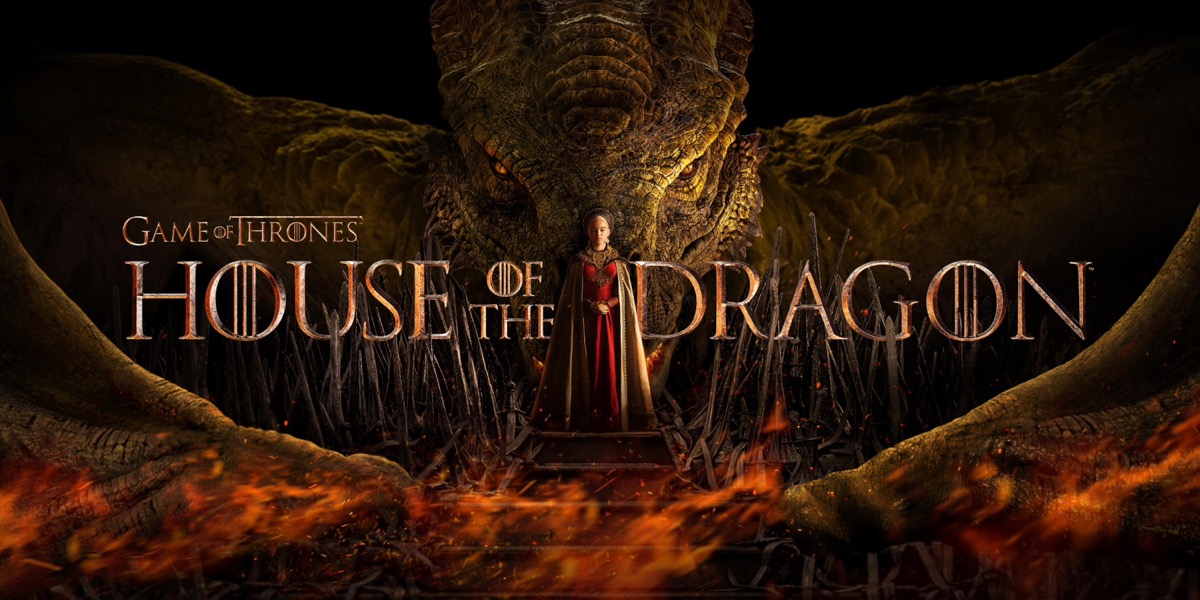




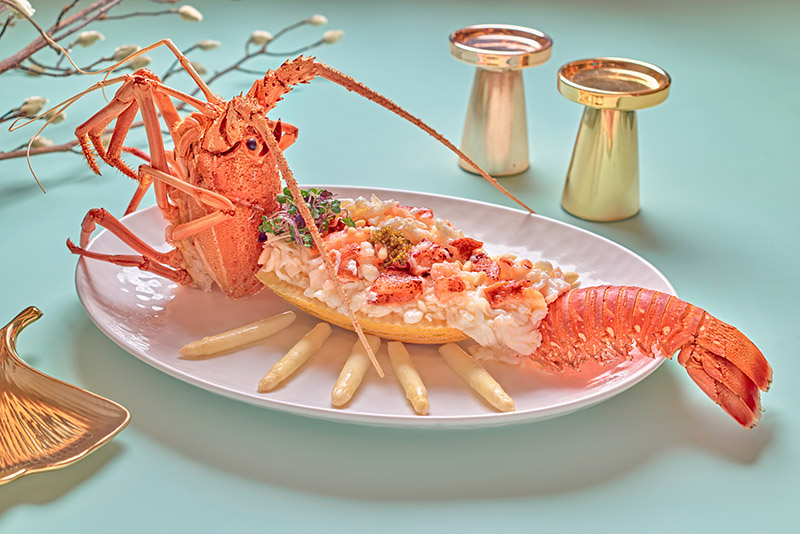
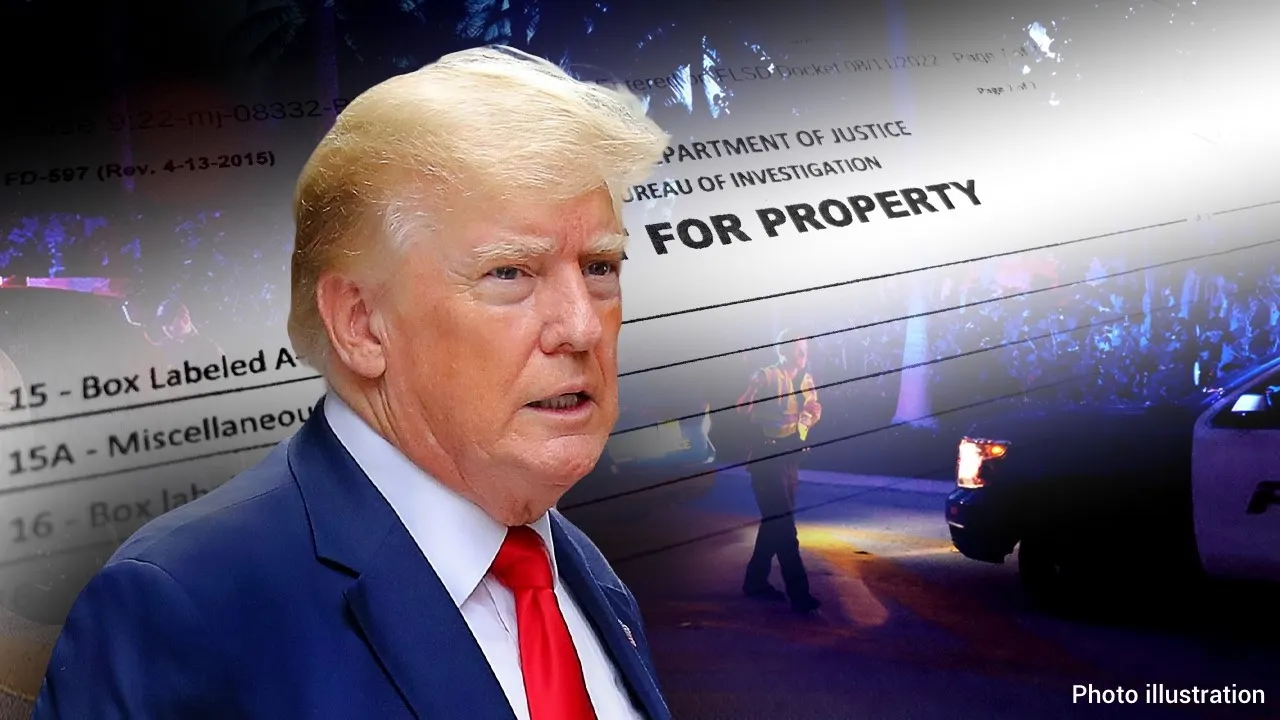
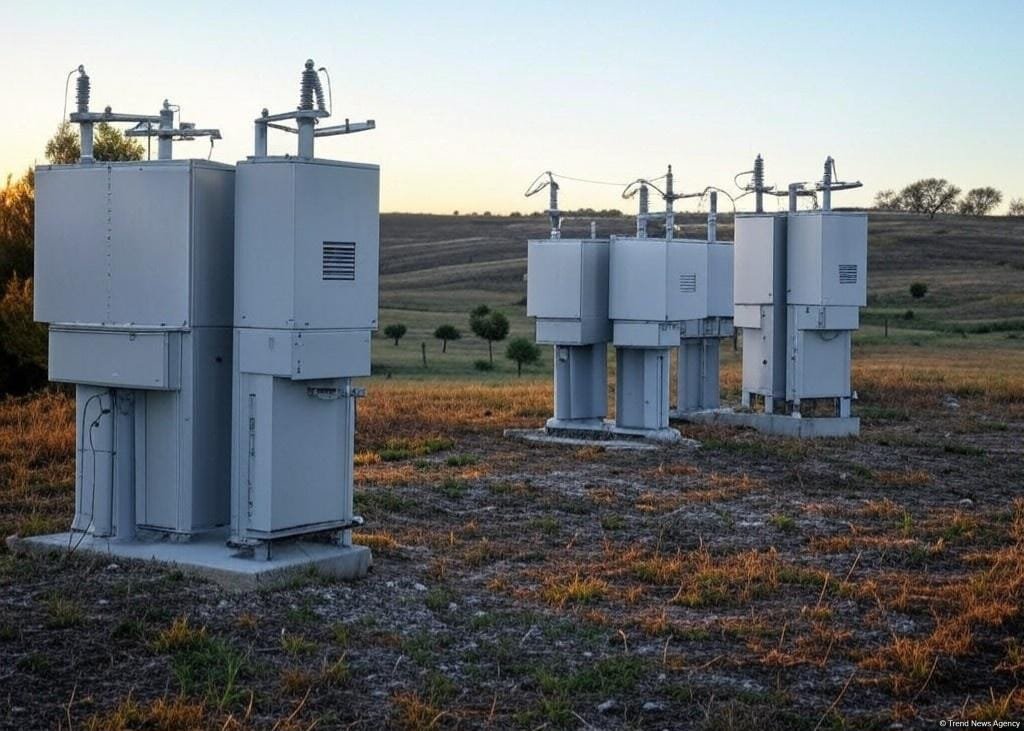

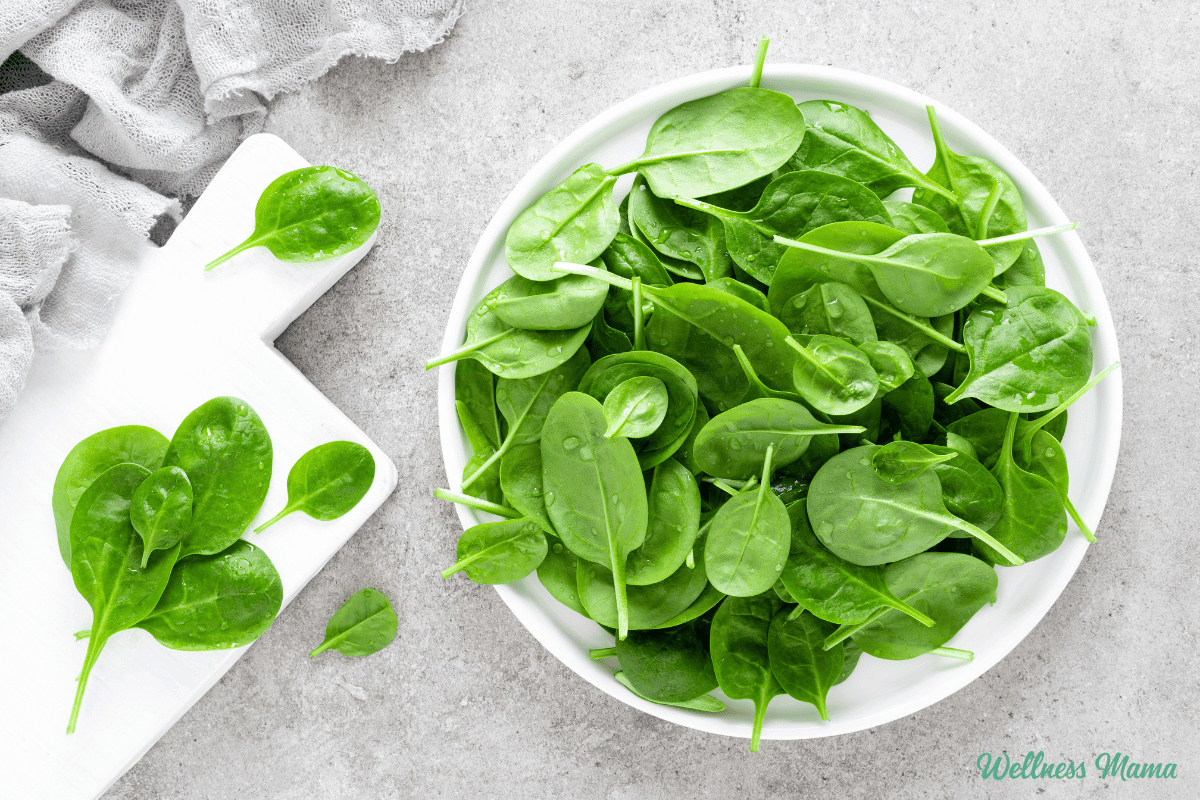


Discussion about this post